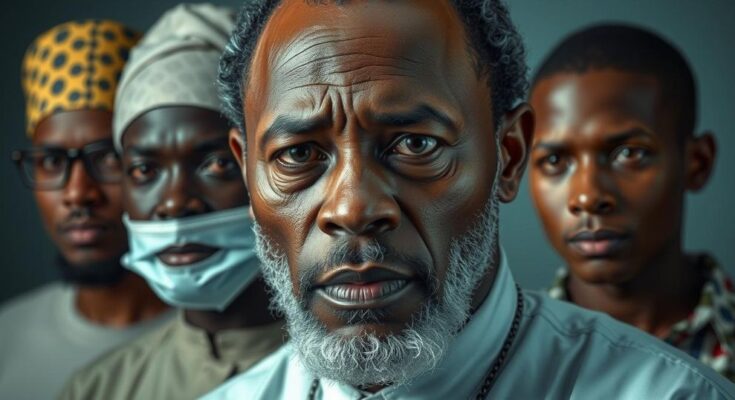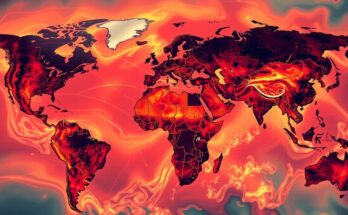The proliferation of deepfake videos featuring Donald Trump is causing concern in Kenya and Nigeria, with alarming implications for governance and public perception. These altered videos, showing Trump issuing threats and making misleading claims about U.S. policies, could destabilize trust in government systems and exacerbate tensions between these nations and the United States.
The recent surge in deepfake technology has brought forward serious concerns regarding its implications, particularly in countries like Kenya and Nigeria. Recent simulations of Donald Trump have infiltrated online platforms in these nations, posing direct threats to governmental stability and public safety. These manipulated videos depict Trump making alarming statements, such as claiming the U.S. will withdraw financial support from Kenya unless abductions cease. Similar footage suggests changes to U.S. immigration policies affecting Nigeria. These developments highlight the potential misuse of artificial intelligence in political discourse and the broader ramifications for societal trust in governmental communications.
The rise of deepfake technology represents a significant challenge in contemporary media landscapes, where misinformation can easily influence public perception and international relations. As global leaders utilize social media platforms to connect with citizens, the potential for malicious actors to create convincing videos that misrepresent these leaders poses a growing threat. In the contexts of Kenya and Nigeria, the impact of fabricated messages may undermine trust in legitimate political discourse, incite unrest, and create geopolitical tensions that complicate U.S. relations with these countries.
In summary, the emergence of Donald Trump’s deepfakes in Kenya and Nigeria underscores the urgent need for vigilance against misinformation. As these AI-generated videos propagate alarming messages, they not only threaten individual reputations but also jeopardize national stability and diplomatic relations. This phenomenon calls for robust regulatory frameworks and heightened media literacy among the public to curb the influence of deepfake technology.
Original Source: www.firstpost.com




